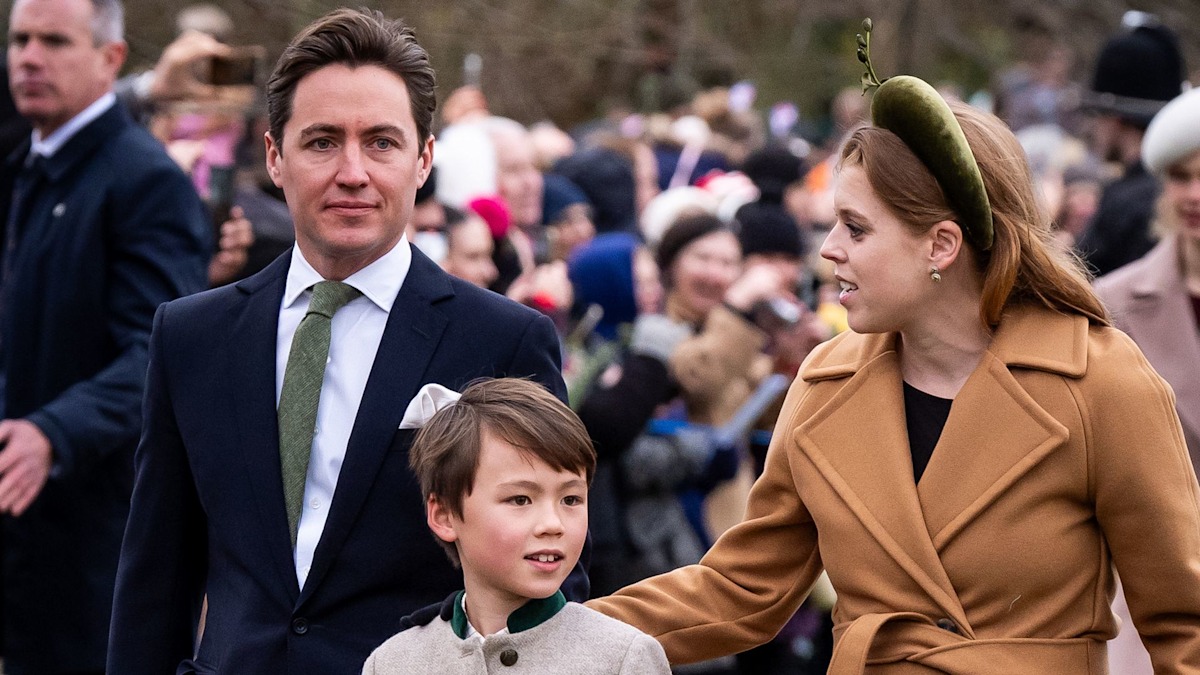
Rhiannon Giddens Goes Back to the Porch
For centuries, music was the only avenue in America through which Black people could connect to their culture and a sense of joy. Spirituals, field hollers, and folk songs helped pass the workday before and after the Emancipation Proclamation. Yet as sharing music became more industry than art, Black Americans were often written out of the very genres they helped birth: country, blues, folk. The desire to reclaim those cultural traditions is part of what drives Rhiannon Giddens.
The singer, songwriter, and multi-instrumentalist has had a banner year, one that included strumming the banjo on Beyoncé’s Grammy-winning album, Cowboy Carter. “It was pretty intense” when that record came out, she says; she received letters from dozens of music teachers and students saying she had inspired them to pick up the instrument. A native North Carolinian, Giddens struck a more somber chord with the release of “Swannanoa Tunnel” in the wake of Hurricane Helene last fall.
Now, the 2017 MacArthur Genius is getting back to her roots, playing banjo on the porch with her longtime Carolina Chocolate Drops bandmate Justin Robinson on What Did the Blackbird Say to the Crow? The album was recorded live and outdoors across three North Carolina cities and features locusts and chirping birds in the background. The tracks contain few lyrics and offer more of a musical call-and-response, with Giddens on banjo and Robinson on fiddle.
Giddens and bandmate Justin Robinson.
The stripped-down nature of the album stems from Giddens’s desire to get back to music as a connection point—“it’s an anti-AI, anti–mass globalization idea,” she says—while the title is a reclamation and assertion of Blackness. And it’s right on time, since 2025 marks twenty years since the momentous Black Banjo Gathering at Appalachian State University, when the future members of Carolina Chocolate Drops met each other and their mentor, fiddler Joe Thompson. Five years later, Giddens, Robinson, and guitarist Dom Flemons would release their 2010 genre-disrupting album Genuine Negro Jig, which was inspired by time spent on Thompson’s porch.
In What did the Blackbird Say to the Crow? Giddens and Robinson are honoring their mentor and teacher, whose family has played the fiddle for hundreds of years. Thompson himself played until he died in 2012. “In some ways, it’s going back to basics,” Giddens says. “In the South the porch is so important, similar to how in Brooklyn you sit on your stoop. There’s this idea of community.”
That idea inspired her to create the first Biscuits and Banjos Festival, which will take place in Durham, North Carolina, from April 25-27 and bring together Black bluegrass, folk, roots, and country artists and scholars for performances, panel discussions, and jam sessions. Giddens and Robinson will play songs from Blackbird and partake in a long-awaited Carolina Chocolate Drops reunion.
The lineup also includes Taj Mahal, Christian McBride, Brandi Waller-Pace, Adia Victoria, and Yasmin Williams, along with appearances by chef Michael Twitty, food historian Toni Tipton-Martin, professor Tressie McMillan Cottom, and mother-daughter authors Alice Randall and Caroline Randall-Williams. As for the other part of the fest’s name, there will be a biscuit baking competition and a biscuit trail map.
“It’s an anti-glam festival,” Giddens says. “There’s a growing number of African Americans reclaiming Americana–bluegrass, folk, and roots music, and non-mainstream Black culture that is being rediscovered as Black culture. We were always there and we had a huge hand in the creation of these genres, and we need to be welcomed and we need to be welcoming.”
Related: Watch the Carolina Chocolate Drops at a 2014 Back Porch Session










